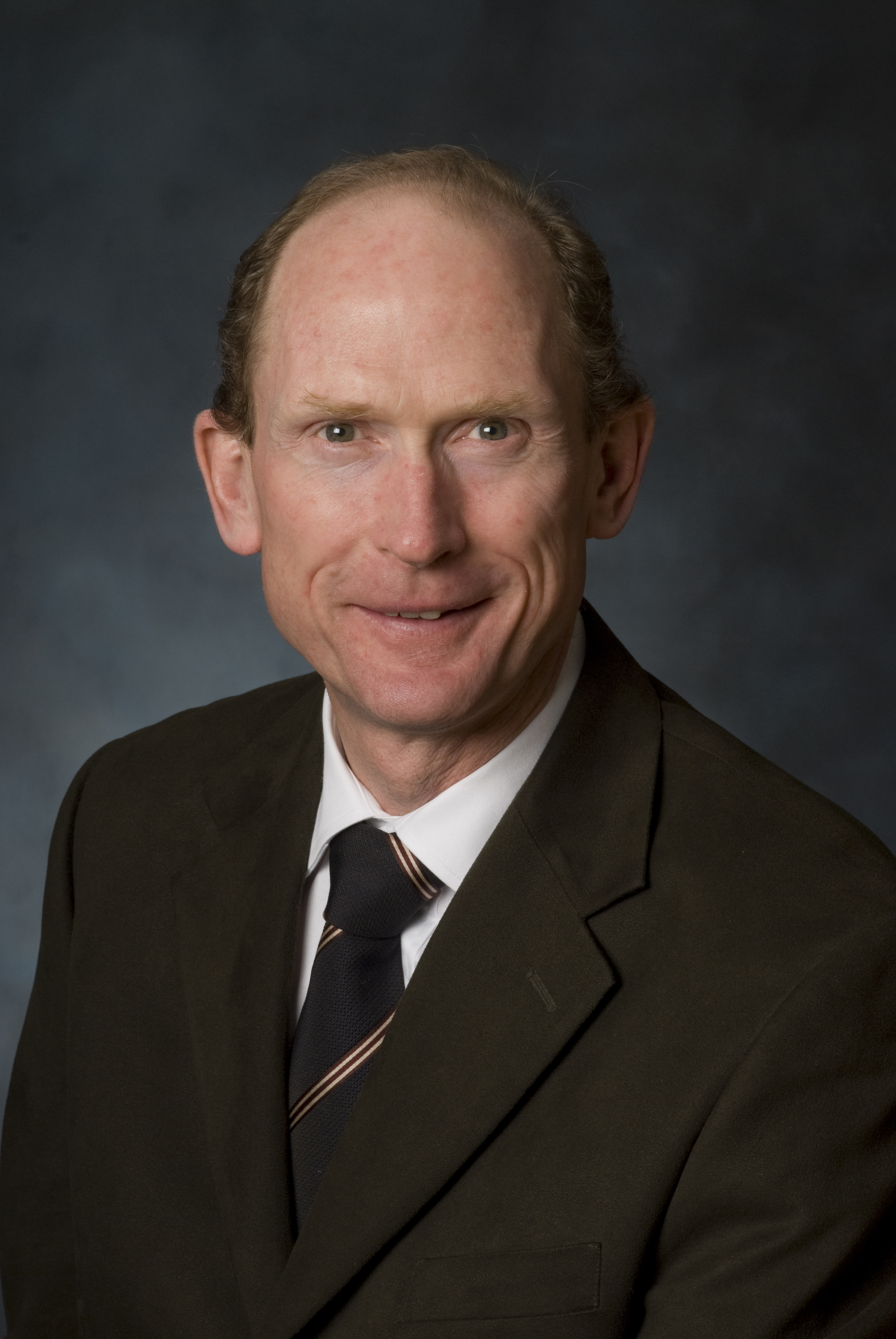Presidential musings: End-of-term reflections

It has been said that life moves at a similar speed to your age and I have found this to be too true. Despite knowing this presidential year would fly by, it has done so far more quickly than I would have anticipated at the start.
In many ways, this is likely a positive reflection because had I not thoroughly enjoyed the year it may have more closely resembled the agony of listening to a patient in my office with chronic fatigue syndrome and fibromyalgia who is convinced that her friend’s second cousin’s aunt has made the correct diagnosis of Lyme disease.
Opportunities come and go for each of us and seizing them can be challenging. I have read that many of us go to our grave with our music still in us and one of the reasons is a fear of failure.
For those of us in medicine, another is the seemingly impossible task of making a radical change in our work life, even for a week, let alone a year.
Not only is a big change disruptive to our personal lives, but our patients and co-workers never know if we are coming or going.
As a busy general practitioner, I was extremely fortunate to find a locum this past year. However, it did take roughly three months for the hospital to consistently call my locum regarding inpatients on my BCMA days, and even now at the end of my 1-year term I still get calls when I’m away on business.
This year has given me an opportunity to look at the health care system from a slightly higher altitude. Policies, politics, and pragmatics have replaced the usual norm of seeing patients with pain, pimples, or the feeling of being pooped.
There are genuine politicians out there and people within the ministry who really are interested in what we do and helping us to do it better. Finding those people and working with them has been a real joy, and I hope to have advanced our cause on a number of fronts.
But change takes time and patience, and when combined with determination and a clear vision the seemingly impossible can become the achievable.
I am indebted to the outstanding staff at the BCMA who help each president navigate through the opportunities their days in office present. I have never been surrounded by a greater team of professionals from so many fields of expertise. Hats off to you; it has been a blast and I would do it all over again in a heartbeat.
To you, the members of the BCMA, thank you for the opportunity of serving as your president this last year. I have gained greater insight into the work you all do, the challenges you face, and the commitment you have made in providing quality medical care to the patients of British Columbia.
Together, over the years, we have won some fights and lost others. To the extent that government and physicians have increasingly found common goals we are spending less time in the parking lot fighting and more time in discussion and collaboration.
In this, my last article as your president, I would like to pass on a few thoughts about work-life balance that have either been learned or have become more important through this past year.
Work-life balance
Just as health is more than the absence of disease, life is found both inside and outside of work—they are not mutually exclusive. It is easy to define ourselves by what we do or by what we produce, and this can be especially true in medicine.
Achieving balance does not simply happen. In fact, you will require the same discipline and dedication you had to get in and through medical school.
A physician who wrote a letter of reference for my application to medical school some 26 years ago said, “There are only two difficult things in medicine—getting in and getting out!” I suggest that the “getting out” part is not once when you retire, but rather an almost daily struggle in a world of seemingly endless demands and expectations.
Here are “Brodie’s Top 10 Tips” to help keep perspective and balance.
1. Don’t allow other people’s emergencies to become your emergencies.
2. Life is not found in the abundance of the things we possess. Less is often better.
3. When you begin to think you are indispensable, go for a long walk.
4. Your effectiveness as a physician is directly and inextricably linked to your commitment to life and relationships outside of your work.
5. The inbox will seldom be empty! Get over it and turn off the lights.
6. The Canada Food Guide applies to you too!
7. Exercise is non-negotiable for anyone trying to achieve a healthy lifestyle.
8. Not everyone is going to like you, so stop acting and thinking as if they should.
9. Life is a state of being, not doing.
10. Learn how to say no. This skill is not taught in medical school and it does not come naturally to most, but without this ability, it is highly unlikely you will ever achieve balance in your life.
—Brian Brodie, MD BCMA President
